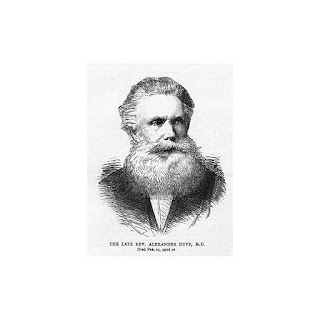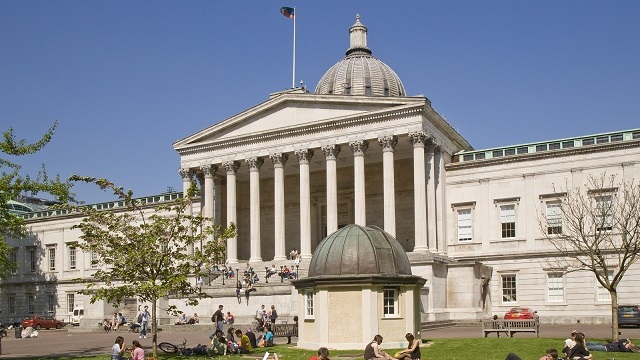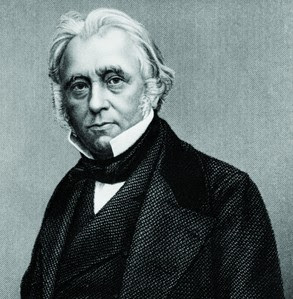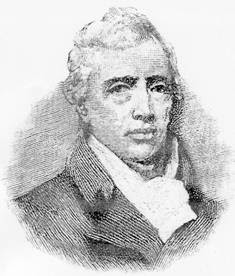India's Education Dilemma: More Indian or more global?

A close reading of India's New Education Policy illustrates a dilemma at the heart of India's Higher Education: Whether to become more Indian or more global? For a service economy servicing a global clientele, a Higher Education system that prepares people with global service economy skills is critical for India to build. Higher Education is one sector in India that needs 'liberalisation', thirty years after the rest of the economy opened up. And, besides, it is hard to avoid the global drift when the Higher Ed policy narrative is framed within the human capital paradigm. On the other hand, there is a deep cultural agenda of the policymakers to make Indian Higher Ed more Indian. It is not just revivalism or Hindu fundamentalism. This is also based on an accurate reading of the chasm at the heart of the Indian society, between an English-speaking elite and vernacular rest, which is threatening the cohesion of the state. This is also about undoing the colonial legacy, th...









